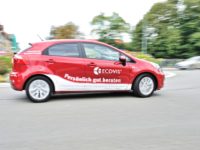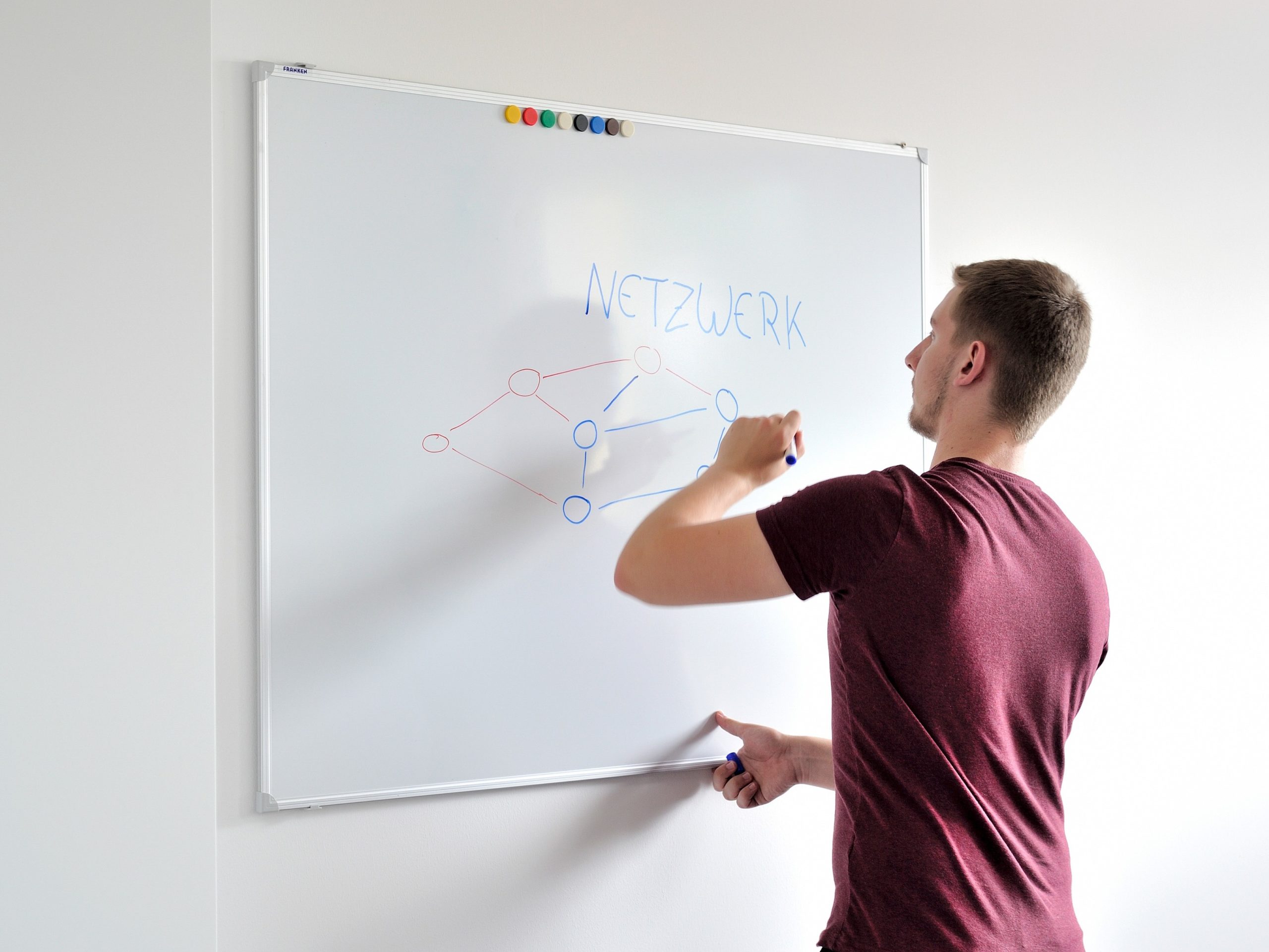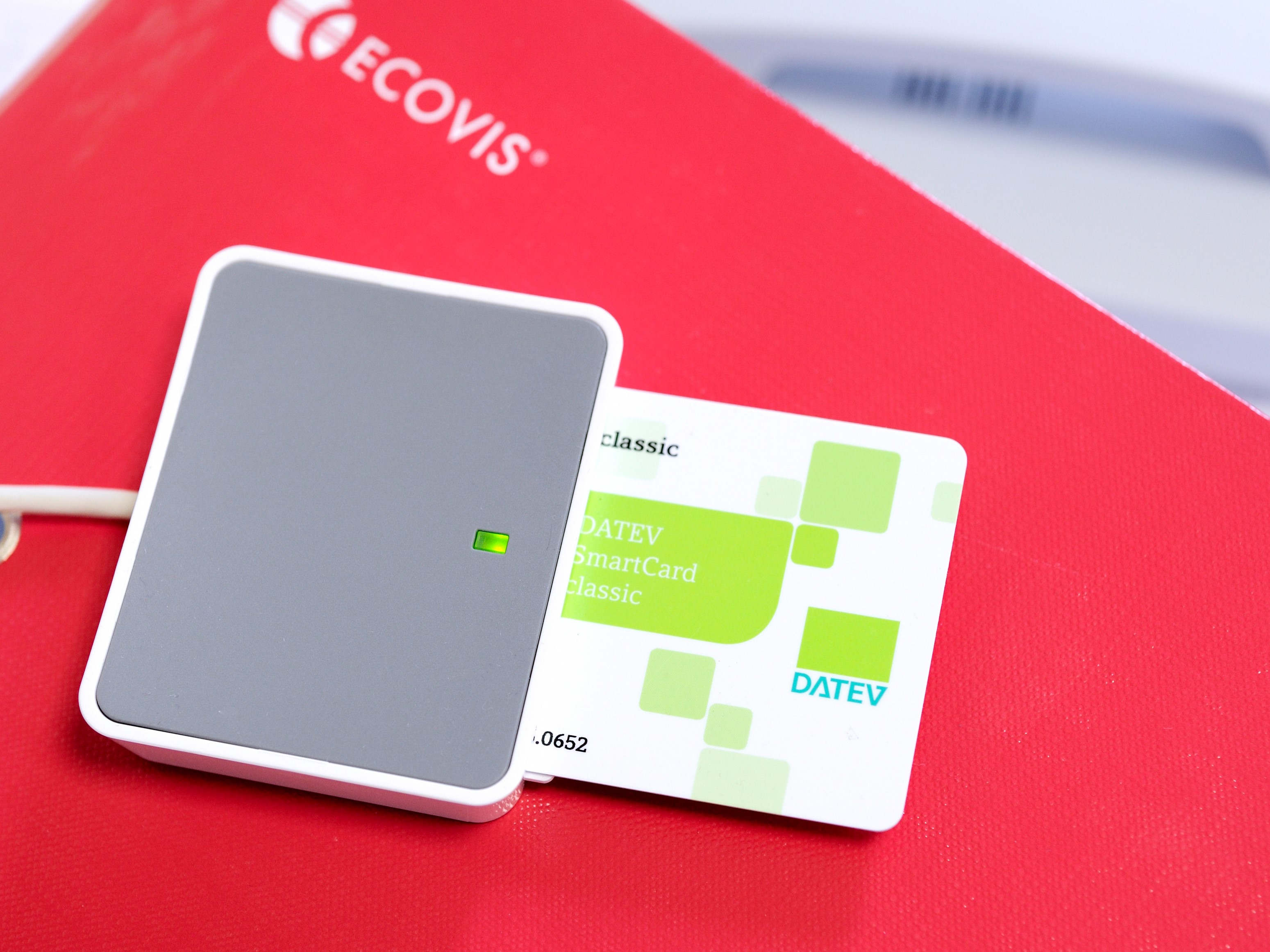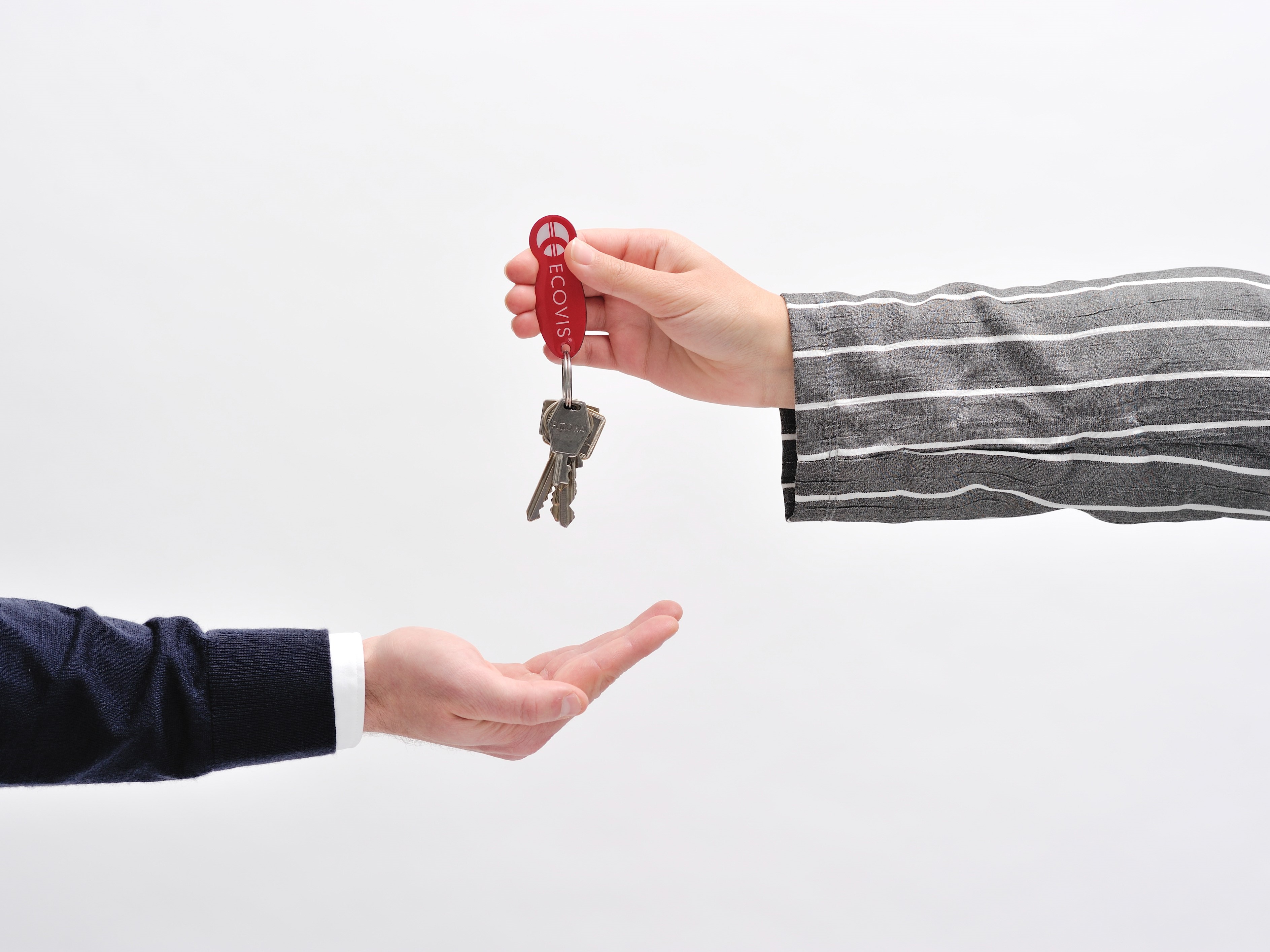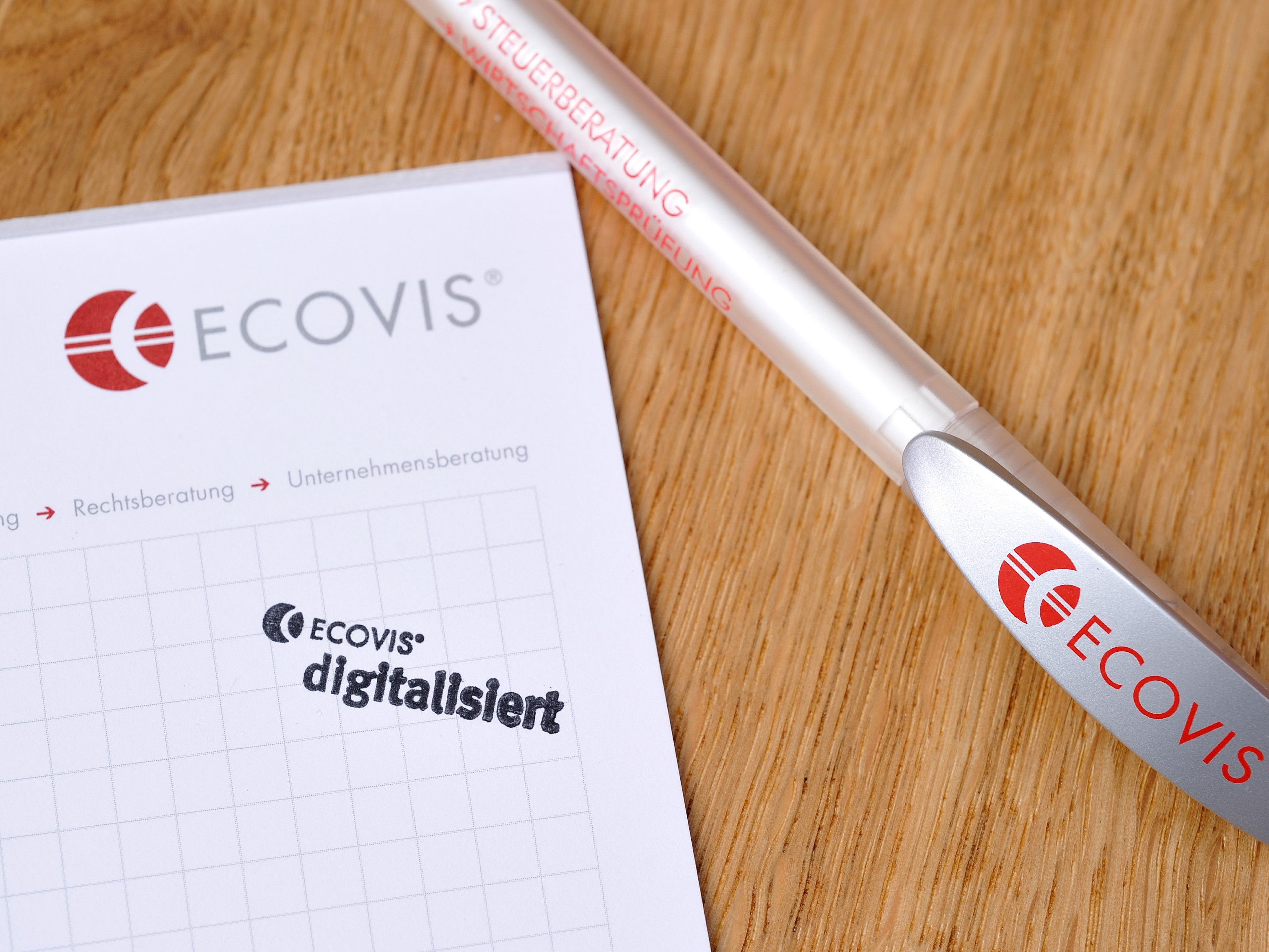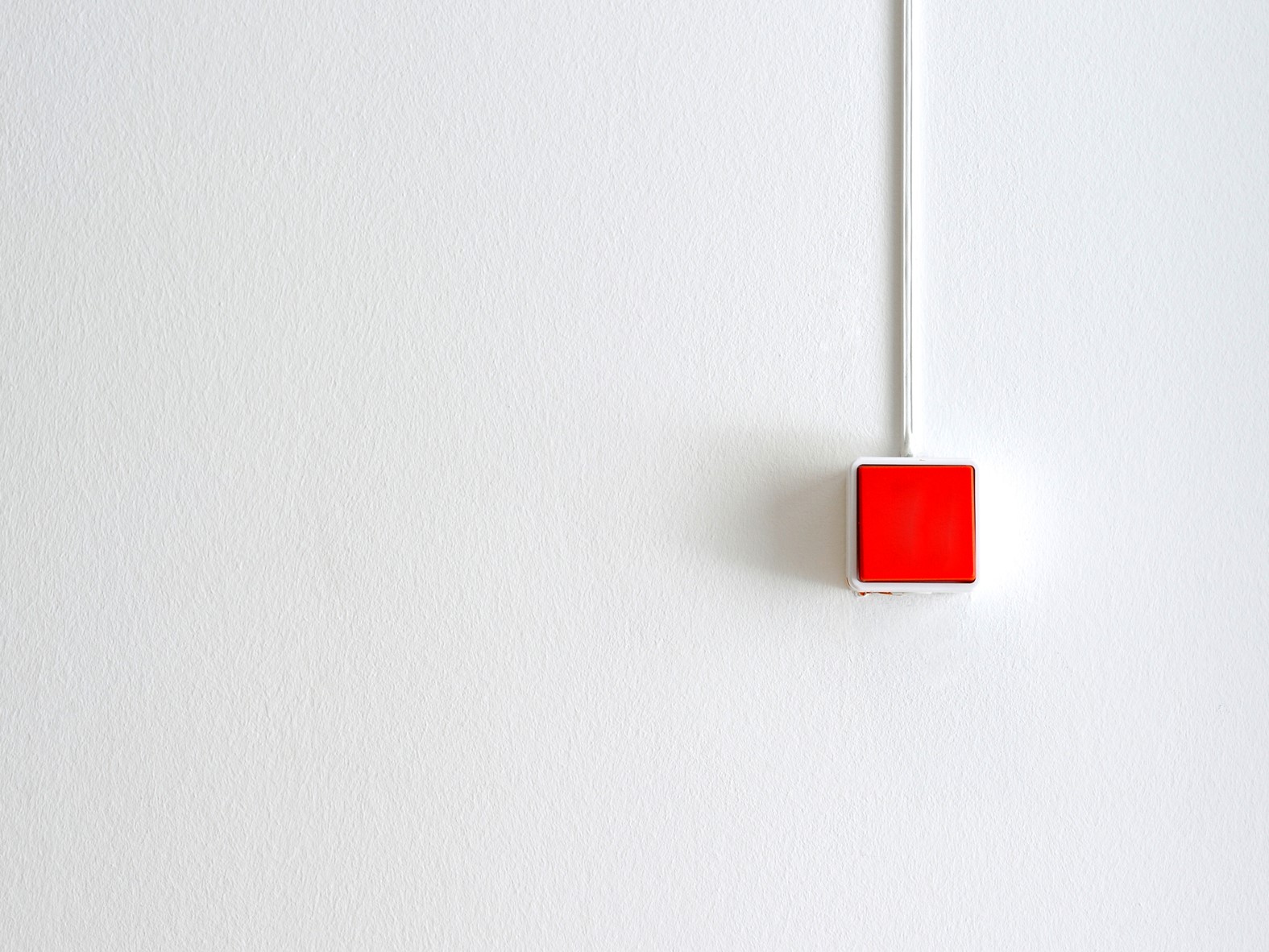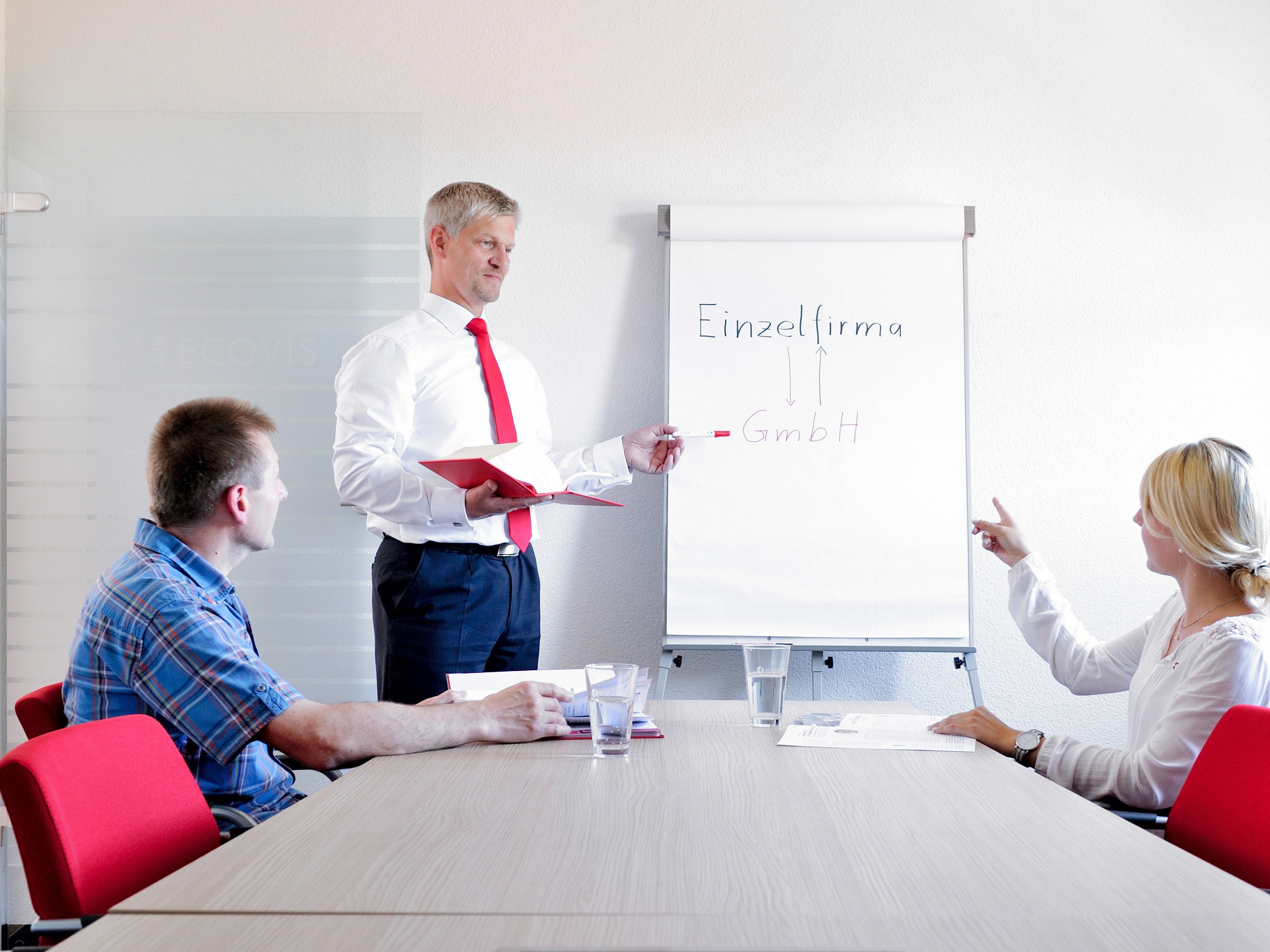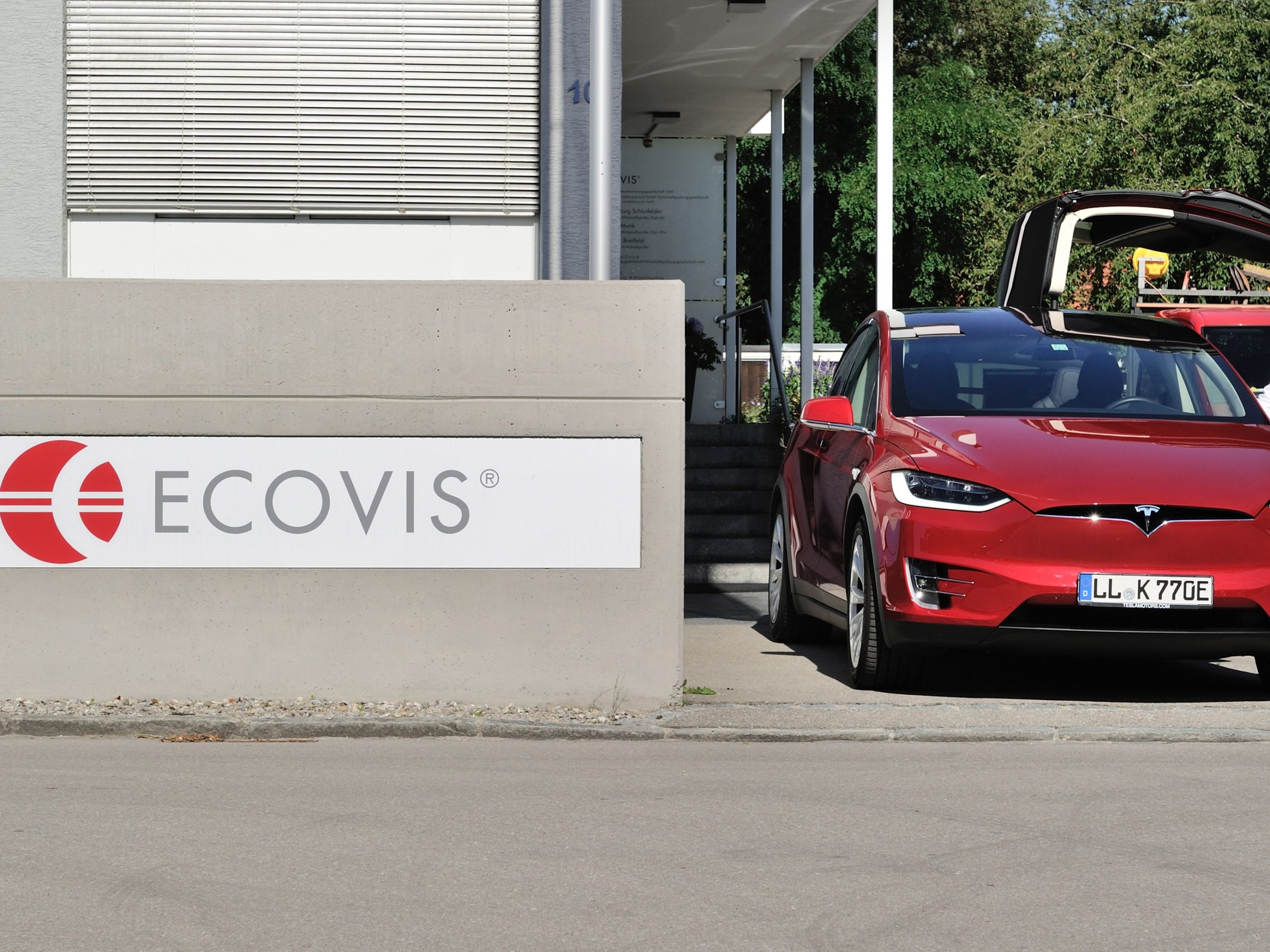Responsibility of the Robot User - Artificial Intelligence in Automotive and Industry in Czech Republic
A very actual question at hand in Czech Republic is the existence of autonomous vehicles, which are expected by car manufacturers to be used commonly as early as 2021. However, we think that it is still necessary to deal with this issue. Nowadays, autonomous systems (such as intelligent cruise controllers) on which people increasingly rely are commonly installed into cars. Even such a partial system can cause damage if it fails. The whole concept of autonomous cars is aimed at improving road safety, but the manufacturers themselves admit that the possibility of car crashes and damage can never be totally excluded. In light of the foregoing, it can be concluded that as long as these automated systems of autonomous cars require human control and oversight, it will be possible to assume liability for the damage caused by a thing under the provision of Section 2937 of the Civil Code, which determines as a primary liable the person who should have had supervision over the thing and, if such a person cannot be otherwise determined, the owner of the thing is conclusively presumed to be such a person. A person who proves not to have neglected due supervision is released from his or her liability.
However, when cars are completely autonomous and do not require human assistance or oversight for their operation, liability for the damage caused by such an autonomous vehicle will primarily be transferred to their manufacturer in accordance with the provisions of Section 2939 et seq. of the Civil Code, and will therefore be considered as damage caused by a product defect. In this context, it should be noted that car manufacturers agree with this conclusion to the future.
The same principle can be applied to partially autonomous technology of production lines and equipment in factories. As long as these devices are not so autonomous as to be completely without control and oversight, those who operate them shall be held liable for damage caused by them in accordance with the provisions on liability for damage caused by a particularly hazardous operation, eventually on liability for damage caused by a thing.
In the health care services, artificial intelligence and new technologies has made tremendous progress and it brings new possibilities for diagnosis and treatment every day. The director of the Czech Medical Chamber law office, JUDr. Jan Mach, in the magazine of the Medical Chamber in 2015, stated in his article that for damage caused by a thing that was not defective, that was used correctly and lege artis, and if the proper oversight over it was not neglected, the operator – provider of the health care services is not liable. Therefore, the manufacturer of such thing will be held liable again. The problem may be that manufacturers of medical technologies are incomparably smaller companies than much larger car manufacturers. According to JUDr. Jan Mach, it is important in this area to emphasize the need to create an insurance system because amounts paid as compensation for damage caused on human life and health would in many cases mean liquidation of medical technologies manufacturers.
The whole issue of manufacturer responsibility for a product defect must then be assessed not only under the Czech Civil Code, but also in accordance with European Union law, in particular in accordance with Directive 85/374 on the approximation of the laws, regulations and administrative provisions of the Member States concerning liability for defective products, in which Article 6 paragraph 1 determines that " A product is defective when it does not provide the safety which a person is entitled to expect, taking all circumstances into account, including : (a) the presentation of the product ; (b) the use to which it could reasonably be expected that the product would be put ; (c) the time when the product was put into circulation.". In any case, it is, of course, necessary to prove the causal link between the defect of the product and the damage caused.
As regards medical devices and apparatus, it must be stated that, in view of their function and the situation of the particular vulnerability of the patients using those devices, the safety requirements with regard to these devices are especially high, in particular taking into account the degree of safety expectations of such products by patients themselves.
For more information please contact us:
ECOVIS ježek, advokátní kancelář s.r.o.
Betlémské nám. 6
110 00 Prague 1
e-mail: mojmir.jezek@ecovislegal.cz
www.ecovislegal.cz/en
About ECOVIS ježek advokátní kancelář s.r.o.
The Czech law office in Prague ECOVIS ježek practices mainly in the area of Czech commercial law, Czech real estate law, representation at Czech courts, administrative bodies and arbitration courts, as well as Czech finance and banking law, and provides full-fledged advice in all areas, making it a suitable alternative for clients of international law offices. The international dimension of the Czech legal services provided is ensured through past experience and through co-operation with leading legal offices in most European countries, the US, and other jurisdictions. The Czech lawyers of the ECOVIS ježek team have many years of experience from leading international law offices and tax companies, in providing legal advice to multinational corporations, large Czech companies, but also to medium-sized companies and individual clients. For more information, go to www.ecovislegal.cz/en.
The information contained on this website is a legal advertisement. Do not consider anything on this website as legal advice and nothing on this website is an advocate-client relationship. Before discussing anything about what you read on these pages, arrange a legal consultation with us. Past results are not a guarantee of future results, and previous results do not indicate or predict future results. Each case is different and must be judged according to its own circumstances.

